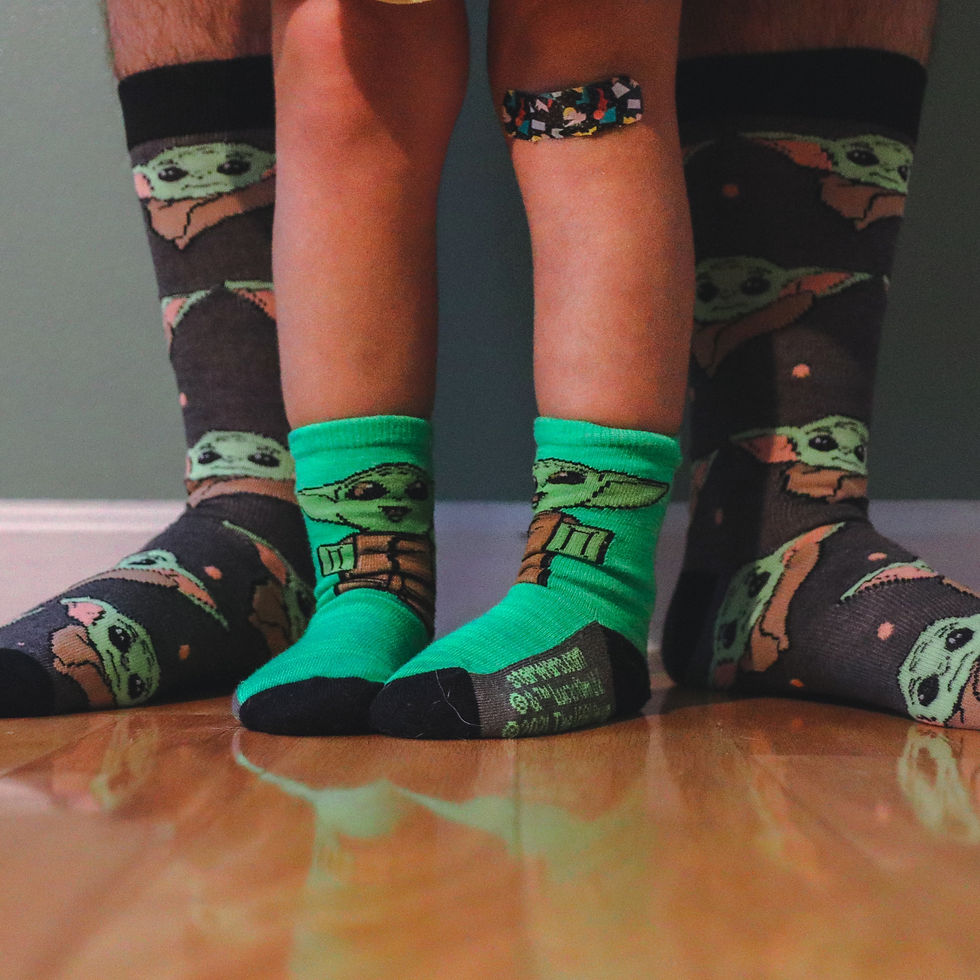Parenting with PTSD: How One Mom Turned Trauma Into a Tool for Healing
- Chelsea Myers
- Jul 15, 2025
- 2 min read
Turning Trauma into Purpose: Meet Jen Ginty
Parenting is never easy—but for those living with trauma or mental illness, it can feel like navigating a minefield in the dark. In our latest episode of the Quiet Connection Podcast, I connect with Jen Ginty, a single mother of two, trauma survivor, and creator of My Moody Monster, a plush doll designed to help kids and parents express big feelings in safe, healthy ways.

Jen opens up about her experience with complex PTSD, major depressive disorder, and raising a neurodivergent child who was initially diagnosed with autism and later with severe ADHD and depression.
Her story isn’t just one of survival—it’s one of innovation, resilience, and reclaiming control.
The Birth of Moody: A Monster with a Mission
The idea for Moody Monster was born in a group therapy session. Jen, overwhelmed by her symptoms, wished she had a monster she could rip apart—something to absorb the emotional chaos. That cathartic wish sparked a creative flame.
She sewed a doll with removable Velcro limbs, first calling it PTSD Pete, later evolving into Moody. What started as a personal tool for managing emotions quickly resonated with therapists, educators, and parents alike—especially those raising neurodivergent children.
Moody isn’t just for expressing rage.

As Jen puts it, “The most important part is putting him back together.”
That rebuilding process helps kids name their feelings, practice emotional regulation, and repair connection after a meltdown.
Resources for Parents and Mental Health Advocates
If you’re parenting with PTSD, raising a child with emotional or developmental needs, or simply trying to survive the chaos of big feelings—Jen’s story will resonate.
Listen to our full conversation on the Quiet Connection Podcast and explore the resources Jen has built through Moody Monster:
You Are Not Alone
Whether you're dealing with postpartum depression, parenting with mental illness, or raising neurodivergent kids—you are not alone.
Jen’s story is a powerful reminder that healing doesn’t have a finish line. But with the right tools, the right people, and a little bit of creative spark, it’s possible to move from “not yet” to “right now.”


Comments